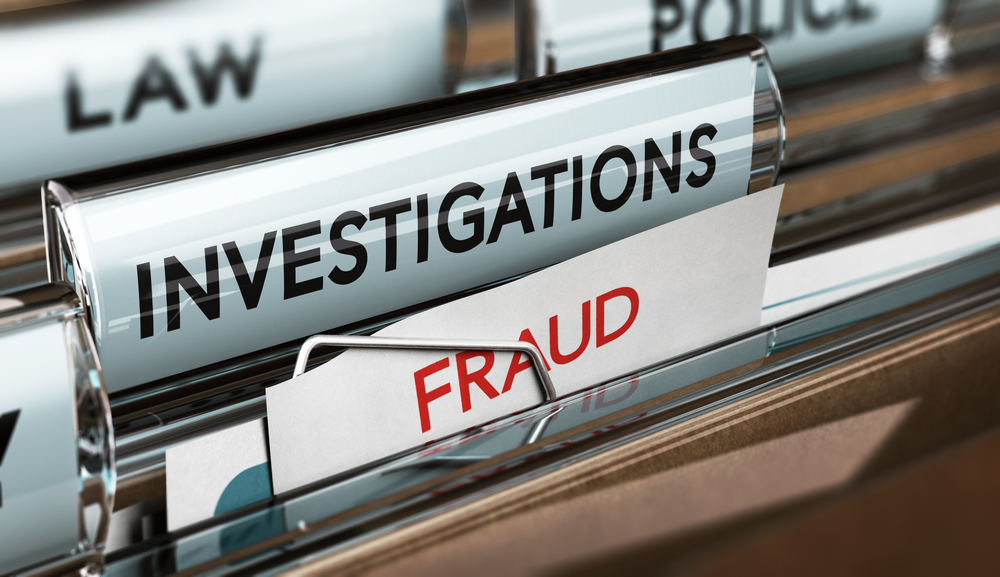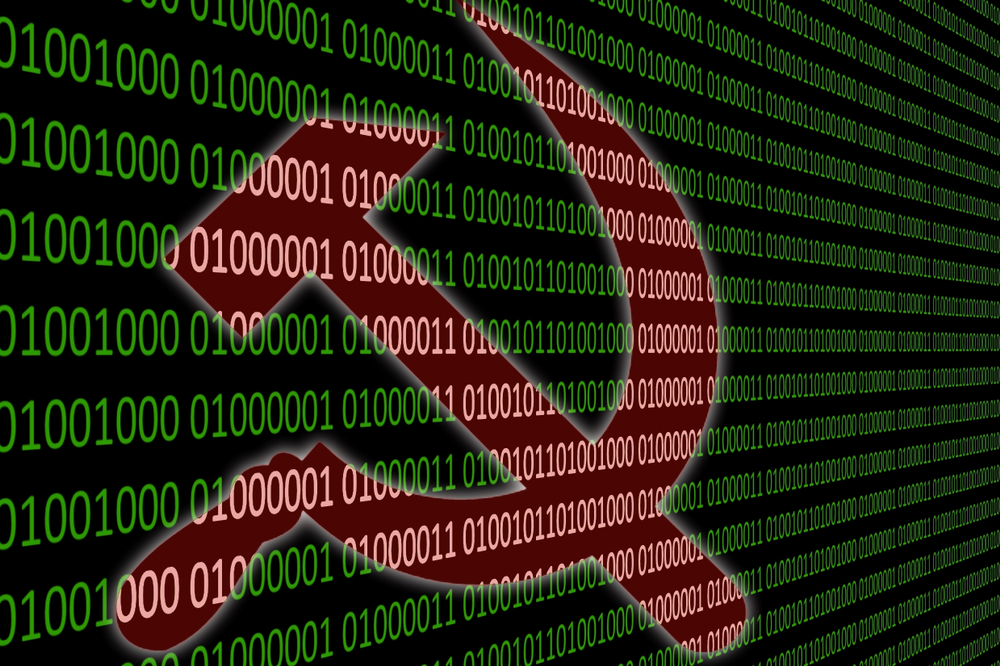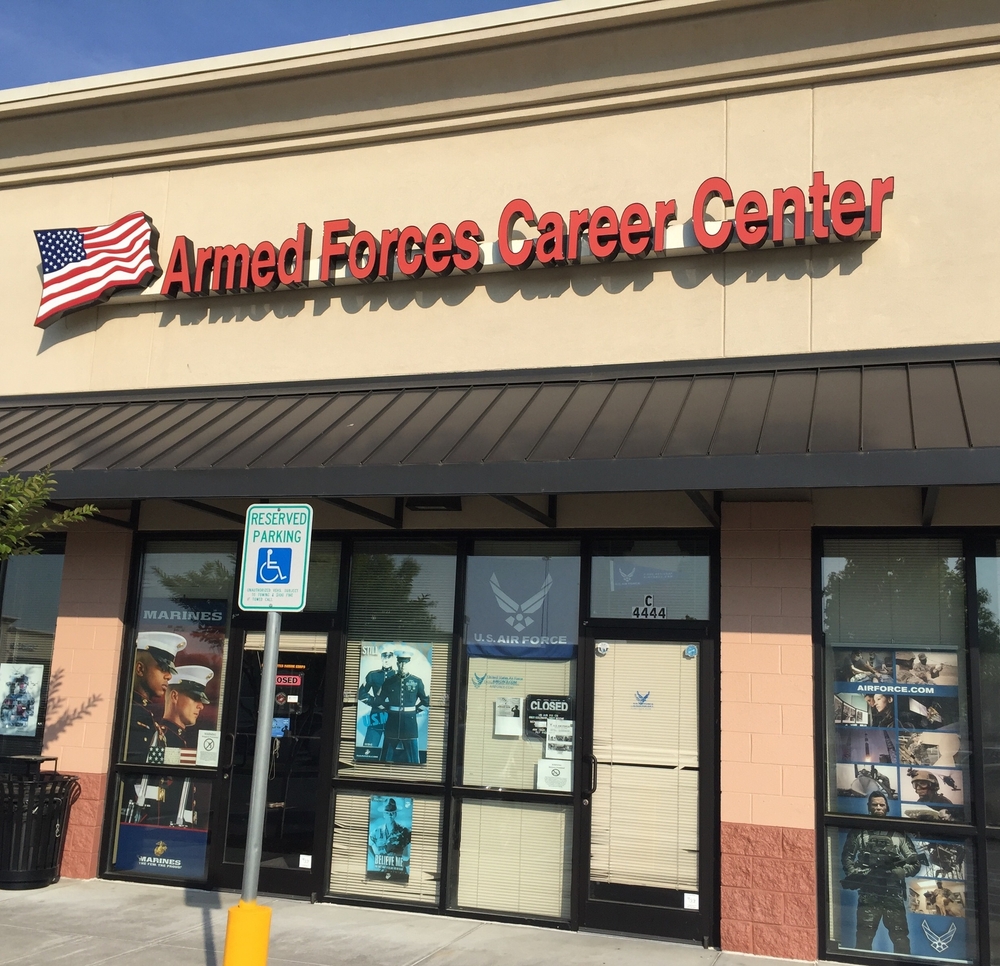While people across the country struggled to pay their bills and lined up at food banks to feed their families, authorities say, some crooks struck it rich and took advantage of federal aid funds to buy luxury items and pay personal expenses.
A COVID-19 relief program intended to help workers stay employed is also providing plenty of work for law enforcement.
A new report is citing data that suggests fraud in the Paycheck Protection Program or PPP prompted the Small Business Administration to refer a record number of cases to federal prosecutors.
RELATED: Coronavirus contact tracing raises privacy concerns
RELATED: Consumer bankruptcies at historic lows amid pandemic recession
The SBA, which administers the PPP, made 91 criminal referrals to the Department of Justice in the fiscal year ending in September 2020, more than any year in the past 20, according to a report from the Transactional Records Access Clearinghouse or TRAC, at Syracuse University.
The PPP was part of the $2.2 trillion CARES Act passed last March, which included $659 billion for helping businesses keep their workforce employed during the pandemic. The program provided low-interest loans that could be partially or totally forgiven under certain conditions, such as keeping employees on the payroll.
The PPP has helped millions of small businesses and nonprofits stay afloat, according to a previous congressional report, “but a lack of oversight and accountability from the SBA and Treasury may have led to billions of dollars being diverted to waste, fraud, and abuse, rather than reaching small businesses truly in need.”
The TRAC report notes that referrals began to increase in April after authorities began working to identify fraudulent bank loans under the PPP. Between April and the end of December, a total of 102 referrals were made, the report states.
“Opportunities for fraud are clear”
As Acting Assistant Attorney General Brian Rabbitt put it in September, “The PPP represented critical help at a critical time. Unfortunately, almost every crisis brings out not only those who seek to help others, but also those who try to exploit the situation for their own unlawful purposes and financial gain…
“Experience has taught us that any time the federal government makes a large amount of money available to the public on an expedited basis, the opportunities for fraud are clear.”
The Justice Department’s Criminal Division’s Fraud Section established a team dedicated to PPP fraud.
Assistant Attorney General Brian Benczkowski has described some of the fraudulent activity: "There are unfortunately businesses that are sending in loan applications for large amounts of money that are overstating their payroll costs, overstating the number of employees they've had, overstating the nature of their business."
According to the Justice Department, more than 5.2 million loans worth more than $525 billion had been approved by early August. In the first six months of the program, more than 50 people were charged with committing fraud to obtain PPP funds.
The 50 fraud defendants were accused of trying to steal more than $175 million, with actual government losses of more than $70 million.
Football player, television star charged with bilking program
Among those accused of stealing from the program were an NFL player, a reality television star and a Hollywood executive.
Among them, William Sadleir, the ousted head of Aviron Pictures, was accused of fraudulently applying for $1.7 million in PPP loans, falsely claiming the money would be used to finance Aviron entities and then using some of the money for personal expenses, including credit card debt.
NFL player Joshua Bellamy, who has played on several teams, including the New York Jets and the Chicago Bears, was charged with participating in a scheme to file fraudulent PPP loan applications for more than $24 million. Bellamy was accused of working with eight other men in the scheme.
Reality TV star Maurice Fayne, also known as Arkansas Mo, who stars in Love & Hip Hop: Atlanta, was indicted on charges he used PPP loan proceeds to lease a Rolls Royce and buy expensive jewelry.
According to the Justice Department, Fayne applied for the $3.75 million in funds in the name of his trucking business, Flame Trucking, saying the business had 107 employees and a monthly payroll of about $1.5 million. He is also accused of using PPP money to pay into a Ponzi scheme and pay toward past-due child support. The Justice Department alleged Fayne also used $50,000 of the funds for restitution owed in a previous fraud case.
A Houston entrepreneur was accused by federal authorities of fraudulently obtaining more than $1.6 million in PPP funds and spending the money on luxury items, real estate and personal entertainment. Among the purchases Lee Price III is accused of making with the funds were a Lamborghini, a Rolex watch and entertainment at strip clubs.
States with highest loan totals have most criminal referrals
Many of the states the Government Accountability Office identified in June with the highest dollar amounts of loans have also been cited by the TRAC report as having the most criminal referrals from SBA in 2020.
The states that made both lists include:
- Texas, which had $40.3 billion worth of PPP loans as of June and 20% or 18 of the nation’s SBA criminal referrals.
- Florida, which had $30.8 billion in loans and 12% or 11 of the criminal referrals.
- California, which had $66.7 billion in loans and 8% or 7 of the referrals.
- Illinois, which had $22.1 billion in loans and 8% or 7 of the referrals.
In addition, Georgia, which had 15% or 14 of criminal referrals received between $5 billion and $10 billion in PPP loans as of June, according to the GAO.
Fast pace of program raised “integrity concerns”
The GAO warned in June of potential vulnerabilities in the program. “SBA moved quickly to establish a new nationwide program, but the pace contributed to confusion and questions about the program and raised program integrity concerns,” the GAO report said.
The House Select Subcommittee on the Coronavirus Crisis released a report in September saying a preliminary analysis found that billions of dollars in PPP loans “may have been diverted to fraud, waste, and abuse.”
The House report said the Trump administration “appears to lack the appropriate oversight mechanisms to identify and root out these problems. Treasury and SBA have only committed to auditing PPP loans that exceed $2 million — leaving the other 99.4% of loans with little or no oversight.”
The committee staff’s preliminary analysis of data found that more than $1 billion in loans went to companies receiving multiple loans. Just 65 of 10,856 loans made in those circumstances were subject to additional scrutiny.
In addition, companies that had been debarred or suspended from doing business with the government received more than 600 PPP loans worth more than $96 million. These companies are not eligible for PPP loans.
Moreover, the staff found that government contractors with “significant performance and integrity issues” were approved for 353 PPP loans worth an estimated $195 million.
Contact Elaine Silvestrini at [email protected]. Follow her on Twitter at @WriterElaineS.












